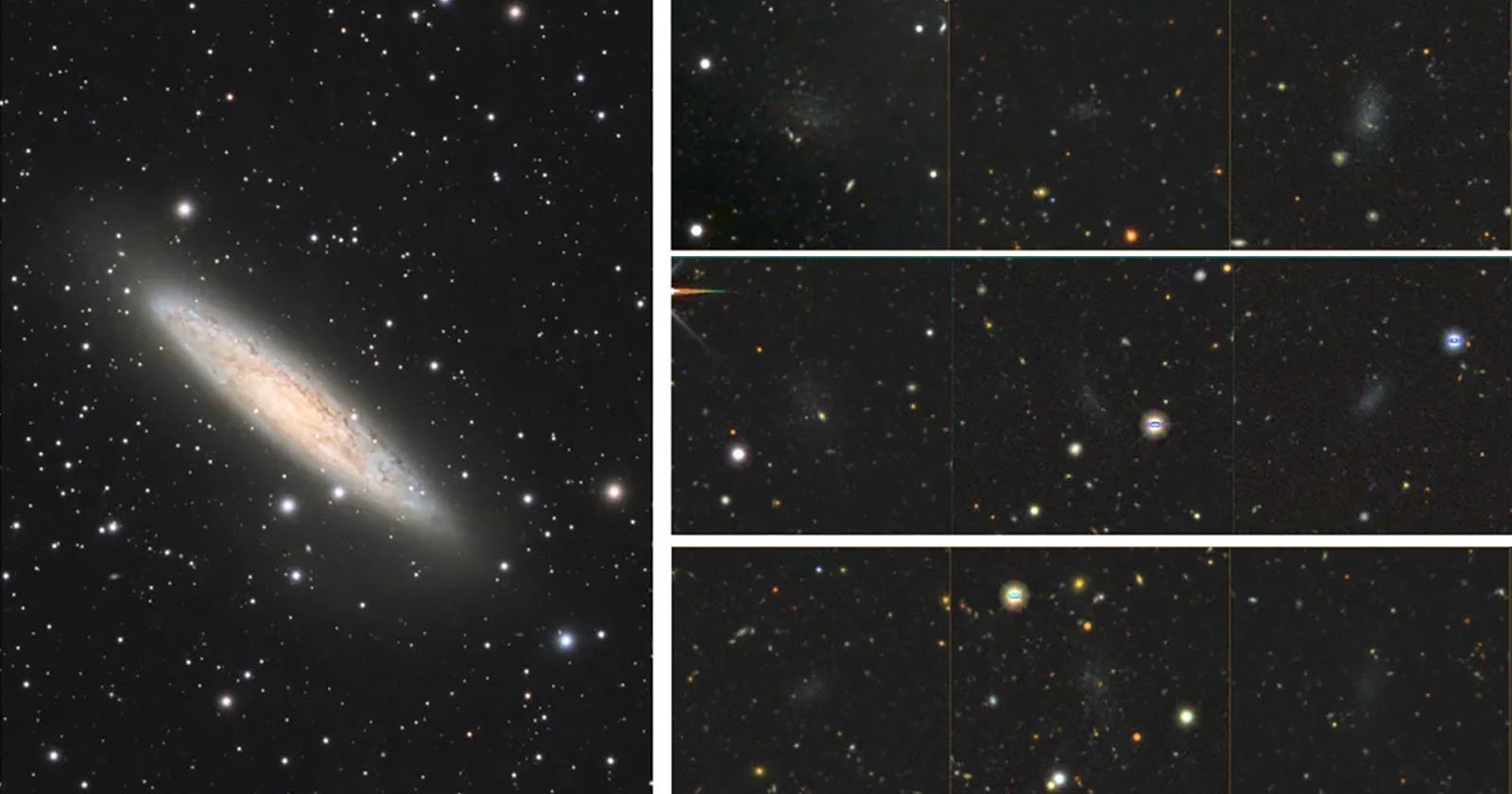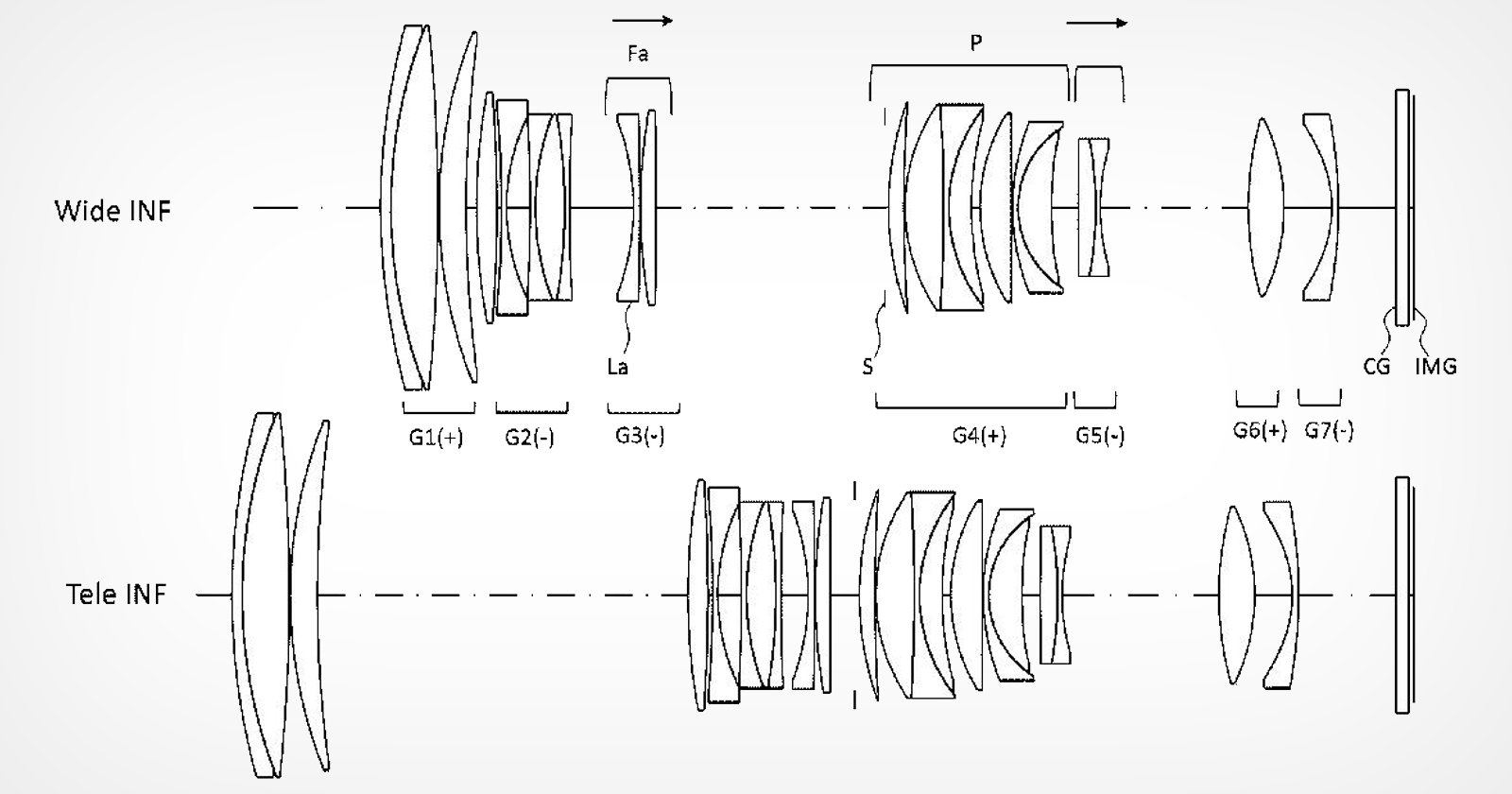
An amateur Italian astronomer discovered five dwarf galaxies, and they are now named after him. Amazingly, these aren’t even astronomer Giuseppe Donatiello’s first discoveries. He’s made 11 celestial finds in all, nine of which bear his name, according to an interview he did with Space.com. “To my knowledge, I am the first and only amateur astronomer to have galaxies named after them,” Donatiello tells Space. “It all started with the first discovery in 2016 when, in my astrophotographs, I found what we would call Donatiello I. Although this was an unusual practice, the new galaxy received my name, and it was a great joy.” But he says the work “is more about the thrill of new discoveries than the honor of his name being integrated into astronomy textbooks.” For example, Donatiello and his team also published his findings in a pre-peer-reviewed paper. This composite image shows the dwarf galaxies Donatiello I to Donatiello IX, as seen by the Dark Energy Camera (DECam). | Credit: DECam/CTIO/NOIRLab/NSF/AURA, G. Donatiello The five new dwarf galaxy discoveries are Donatiello V, Donatiello VI, Donatiello VII, Donatiello VIII, and Donatiello IX. According to Space, they’re challenging to spot. They’re small, “ultrafaint,” and 11.5 million light-years away from Earth on average.
“In general, dwarf galaxies are objects that exhibit very low luminosity,” Donatiello explains. “Suffice it to say that many satellites of the Milky Way are difficult to detect because they are well-camouflaged in the star fields. This becomes increasingly difficult for external galaxies. Already, at just a few megaparsecs [one megaparsec is equal to around 3.3 million light-years], the faintest dwarf galaxies have disappeared into the background of the sky.” Still, the discoveries are vital to the scientific community. They can “help astronomers study the oldest stars in our universe, dissect the nature and distribution of dark matter, and perhaps even impact current models of cosmology,” Space explains. All of this helps scientists uncover more information about how the universe has changed over time — and how it might continue to do so in the future. “Each new discovery is therefore important,” Donatiello says, “both on the census front and for a better knowledge of these systems and their evolution.” Image credits: DECam/CTIO/NOIRLab/NSF/AURA, G. Donatiello






